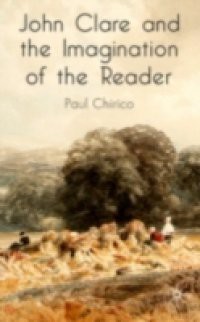John Clare repeatedly described his poems as his 'offspring' and anxiously imagined their reception in a cultural field over which he had limited control. This broad and original study of the full range of his work is the first to take seriously his repeated appeals to the judgement of future readers. Restoring the suppressed history of Clare's deep cultural engagement, it teases out, in clear terms, the often unexpected complexities of his varied writings. A series of close readings reveals Clare's sophisticated poetics, his careful analysis of the history and culture of his own place and of the highly charged forms of antiquity and superstition, and his uneasy adoption of mythologies of literary labour. His fascination with literary success and posthumous fame underlies peculiarly intense, mediated relationships with other marginalized writers: Keats, Yearsley, Bloomfield, Darley, Reynolds, Wordsworth. Clare's obsessive reading habits are inscribed (often through covert quotation) in texts which in turn work to prefigure the responses of his own imagined readers.

